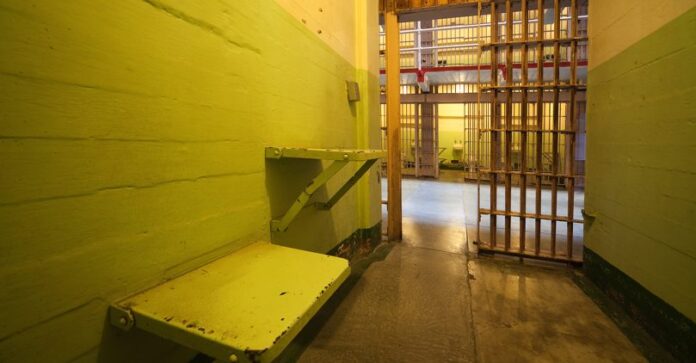
By Stacy M. Brown, NNPA Newswire Senior National Correspondent
Chief Judge Shelly Dick has ordered Louisiana officials to cease housing children, predominantly Black boys, in the former death row section of the Louisiana State Penitentiary, commonly referred to as Angola. The order dictates the swift removal of the children from the facility by September 15, ending nearly ten months of what the judge deemed abusive conditions.
Following a rigorous seven-day hearing in August, Judge Dick verbally delivered the decision. During the proceedings, lawyers representing the children and their families presented compelling evidence that the minors were consistently subjected to solitary confinement and denied their fundamental right to education, proper treatment, and other vital rehabilitative services while enduring inhumane conditions.
The situation mirrors that of Angola’s long and racist history. State officials built the prison on land that was once an 8,000-acre farm in West Feliciana Parish, a remote part of Louisiana. The farm was named Angola after the country where its former slaves came from. It was first used as a prison in 1880 when prisoners lived in the old slave quarters and worked on the farm. The state took over Angola in 1901, reportedly because of unhinged brutality against inmates. By 2008, Angola State Prison was the size of Manhattan, with 18,000 acres. In the maximum-security jail, almost all the inmates are African American, and all the officers who watch over them are white. The prison officers are called “Freemen,” not guards. Today, Angola houses about 6,300 prisoners, more than 75% of whom will be Black.
Judge Dick unequivocally determined that the conditions in Angola constitute cruel and unusual punishment. She further highlighted that the prevailing punitive environment, coupled with systemic failures in programming, clearly violates the 14th Amendment and federal laws safeguarding children with disabilities.
Furthermore, the judge’s ruling underscored that the state had reneged on every assurance it made during a prior court hearing in September of the preceding year, where it pledged not to mete out punitive measures against children. The judge found the state guilty of:
1. Confining children to cells for extended periods as a punitive measure.
2. Resorting to handcuffs, the use of mace, and denying family visits as punishment.
3. Failing to ensure sufficient staffing, including the absence of licensed social workers or professional counselors.
4. Neglecting to provide adequate standard and special education services when required.
5. Failing to administer necessary and appropriate mental health treatment or social services.
Lead counsel David Utter spoke on behalf of the litigation team, expressing gratitude towards the clients and their families for their courage in coming forward and opposing these cruel conditions. Utter emphasized the urgent need for Louisiana’s leaders to redirect their efforts toward providing the necessary care and support to enable these children to thrive and realize their full potential.
Utter’s statement concluded with a resounding call for investment in children, advocating for transforming the juvenile justice system in Louisiana to rectify long-standing systemic failures. He stressed that a state where all children, regardless of race or ethnicity, have equal access to opportunity is entirely achievable.
Prominent organizations joined the lawsuit, including the American Civil Liberties Union’s National Prison Project, the ACLU of Louisiana, the Claiborne Firm and Fair Fight Initiative, and the Southern Poverty Law Center, and with attorneys Chris Murell and David Shanies.

